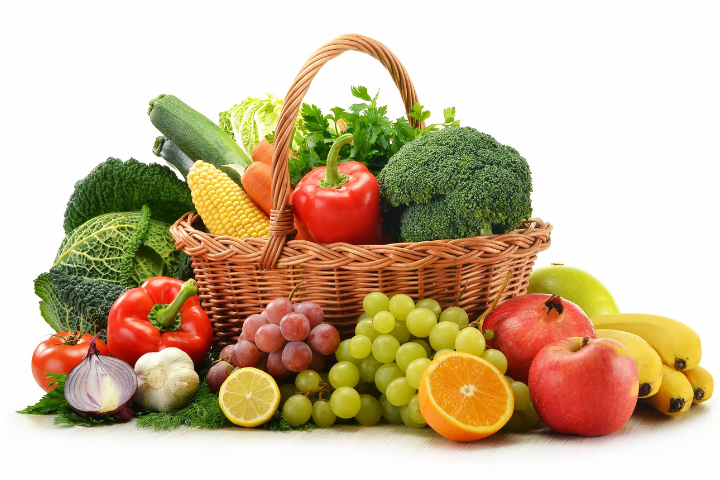The importance of nutrition for health in older adults – Top Tips!
18 November 2022
Written byCharlie Lovegrove

National Office
Please enter the office location/term above to receive results for your closest office as well as information matches
We all know that there is a key relationship between diet, health and well-being. Nutrition for older adults is an important area of interest, but do we know what we should be eating and how much we should be consuming? Here are some top tips to help you remember!
We gain nutrients from a range of sources including fluids, carbohydrates, fats, proteins, dairy, fruit and veg, vitamins and minerals! A long list and a lot to remember, but a simple way to recall is by using the Eatwell Guide, relevant for most people’s diet needs.
As well as food choices, it is important to remember the importance of fluids and keeping hydrated. Water, lower-fat milks and sugar-free drinks, including tea and coffee, all count towards your daily fluid intake. Who doesn’t love a nice cuppa, particularly in the dark Autumn evenings!
It is also important to use the traffic light system of packaged food labels – this will help you choose foods that are lower in fat, salt and sugar, and also help you to monitor your calorie intake.
We all know that food intake and our physical health is tied to our mental health and well-being. If you’re struggling to eat the correct amount of food or noticed an older loved one is struggling, set accessible and easy to achieve SMART goals. These goals must be manageable, which will help to reinstate yours or your loved ones’ relationship with food. It may also be good to keep your own food log or diary and encourage your loved one to do the same.
If your loved one is living with dementia and you are concerned about their food intake, there are practical steps to take to help improve their diet – such as the colour of their plate, asking them about what foods they would like to eat by planning meals together, sitting and eating meals together and also remaining patient.
Sharon Adkins, who is a Registered Associate Nutritionist and Manager of the My Health Matters Project in Havering, stated on the importance of nutrition for older adults:
“Dietary priorities change as we age – we have less energy (calorie) requirements so it’s important to eat for our needs, if necessary reducing portion sizes and cutting down on sugary snacks. Our bones age too so please ensure a good intake of calcium and get Vitamin D levels checked which helps the calcium to be absorbed and used efficiently.”
For more vital resources and information on general nutrition tips and supporting older adults to keep their weight up, visit the NHS links below:
https://www.nhs.uk/live-well/eat-well/
If you would like to find out more about Radfield Home Care Havering and how we could support you or your loved one with nutrition and meal preparation, please visit www.radfieldhomecare.co.uk/services, email us at [email protected] or call us on 01708 609364.
Get in touch with your local Radfield Home Care office today and find out more about the support we offer and the difference we can make.